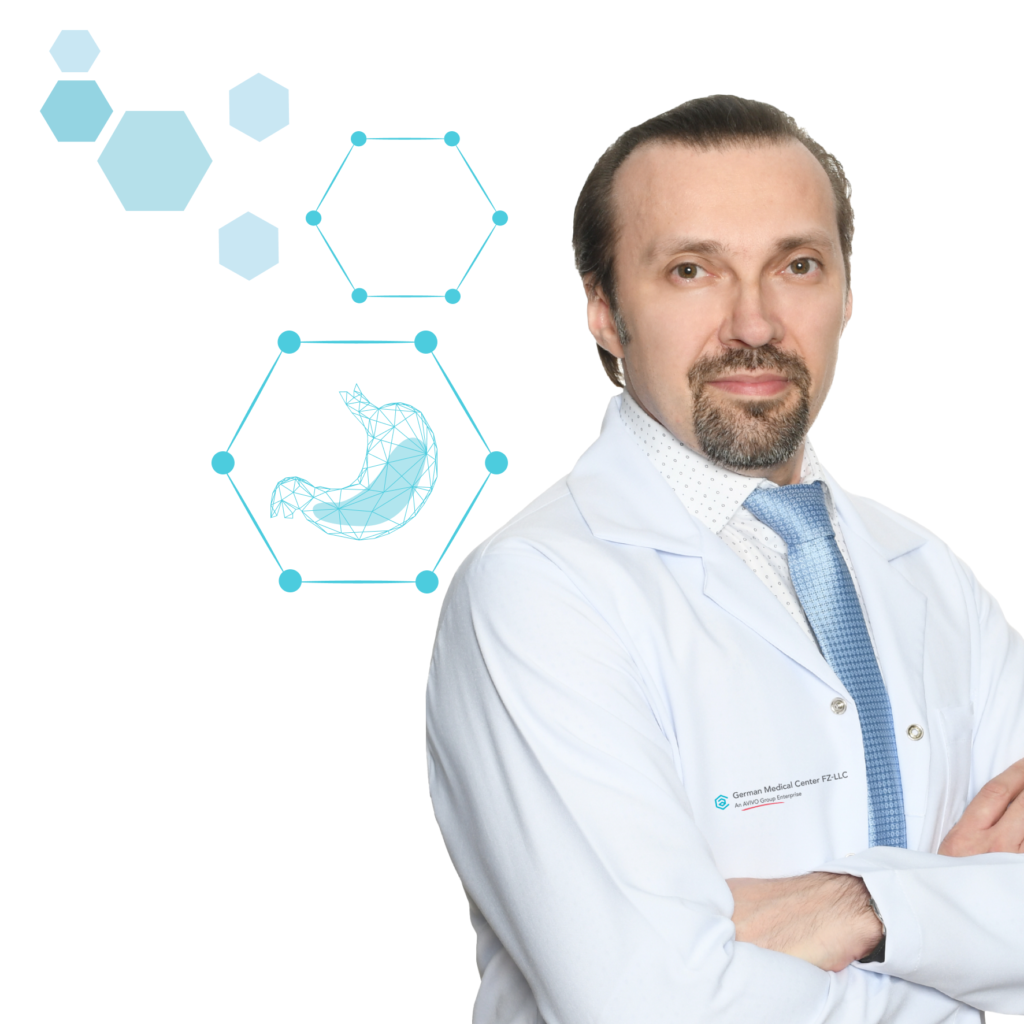
Dr. Sebastian Cuzincu
Gastroenterology and Internal Medicine
f you are experiencing constipation, it is important to seek medical treatment for constipation from a qualified healthcare
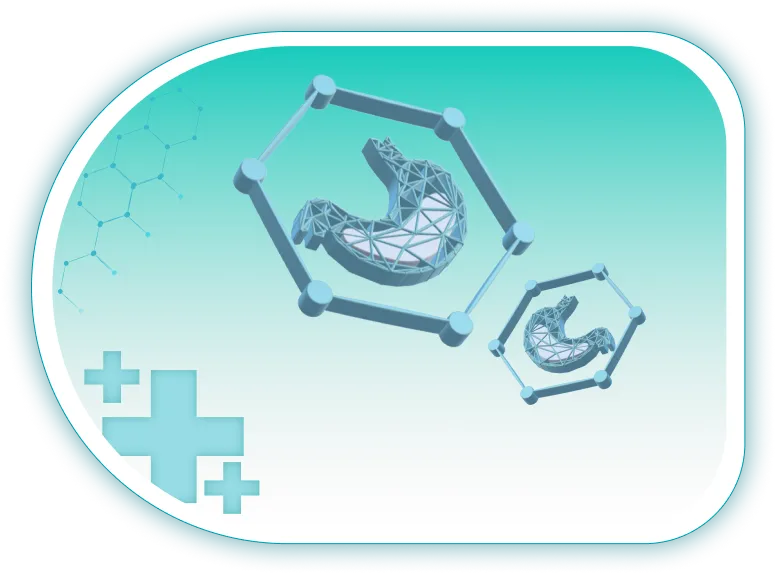
Constipation is a common digestive problem that affects many people around the world. It is characterized by infrequent bowel movements, hard and dry stool, and difficulty passing stool. If left untreated, it can cause discomfort, bloating, and even more serious health issues.
The good news is that constipation can be effectively treated with simple lifestyle changes, over-the-counter medications, and in some cases, medical intervention. In this article, we will explore the various treatment options for constipation and provide valuable insights into how to manage this condition.
If you are experiencing constipation, it is important to seek medical treatment for constipation from a qualified healthcare provider. At German Medical Center, we offer a range of diagnostic and constipation treatment options. Our team of experienced gastroenterologists can provide best treatment for constipation and a plan tailored to your specific needs.
Don’t suffer in silence, book an appointment with us today to find relief from constipation and improve your overall digestive health.
Our team of experts are passionate about providing only the best quality care and treatment to their patients.

Gastroenterology and Internal Medicine
A cutting-edge medical technique that plays a crucial role in diagnosing and treating disorders of the bile ducts, pancreas, and gallbladder....
Liver Elastography – an advanced medical imaging technique designed to assess the health of your liver with precision and non-invasiveness....
Abdominal pain can be a symptom of a wide range of medical conditions and can manifest in different ways depending on the...
Colorectal cancer (CRC) is a type of cancer that affects the colon or rectum. It can develop from small growths called polyps in...
Stomach cancer, also known as gastric cancer, can cause a range of symptoms. However, it's important to note that not everyone...
Liver cancer is a serious and potentially life-threatening condition that requires prompt diagnosis and treatment....
Colon polyps are usually detected during a routine colonoscopy. During the procedure, a long, flexible tube with a camera on the...
Pancreatic cancer often does not cause symptoms in its early stages....
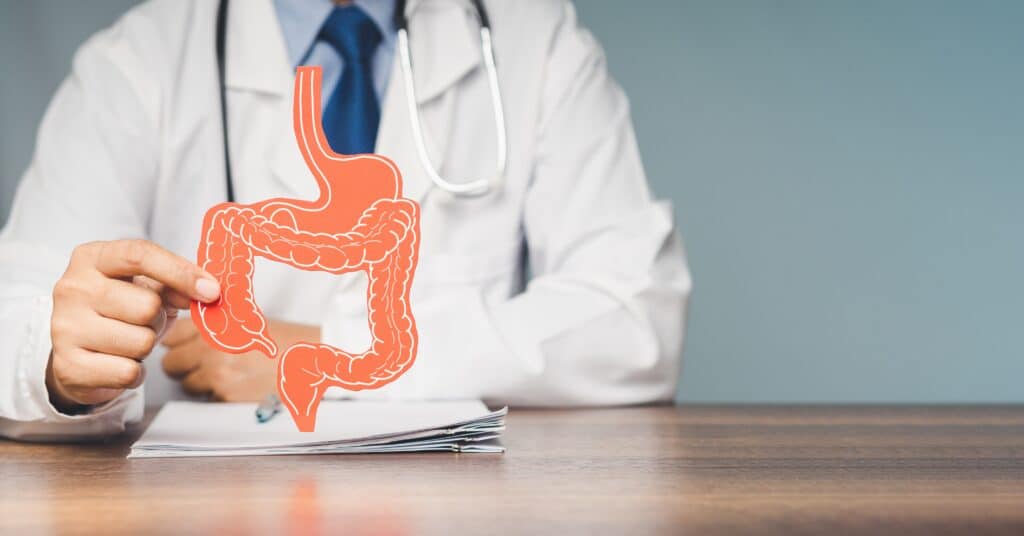

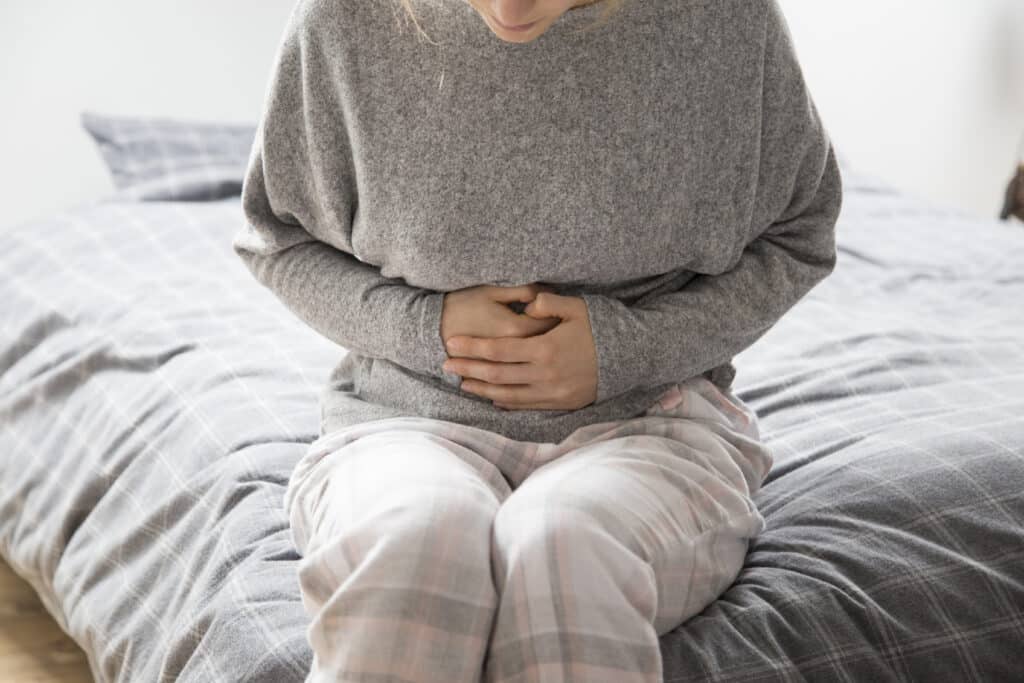
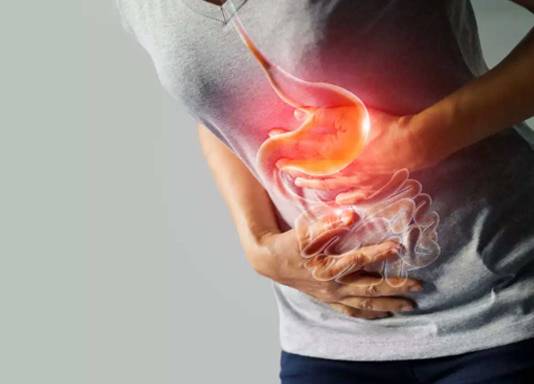

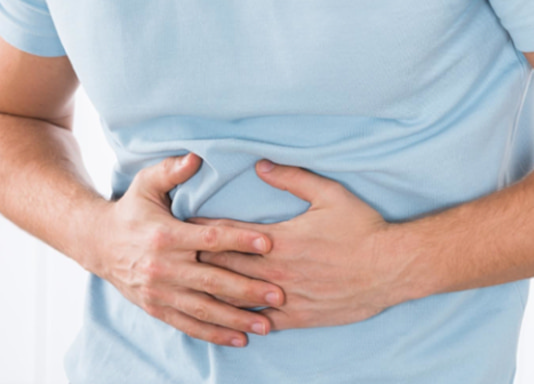
Our customers are at the heart of everything we do, and we are committed to providing them with one of the best possible care and service and that's why platforms like UpTopics publish us in top.

Based on 206 Google Reviews

Partner with:
Partner with:


German Medical Center is one of the leading medical institution in Dubai formed by a group of specialists who are passionate about providing the personalized care tailored to the patient's unique needs.
Fill out our easy online form to book an appointment with German Medical Center. Our team of experts is dedicated to providing you with personalized care and guidance every step of the way. Don't wait, take charge of your well-being and schedule your appointment now!